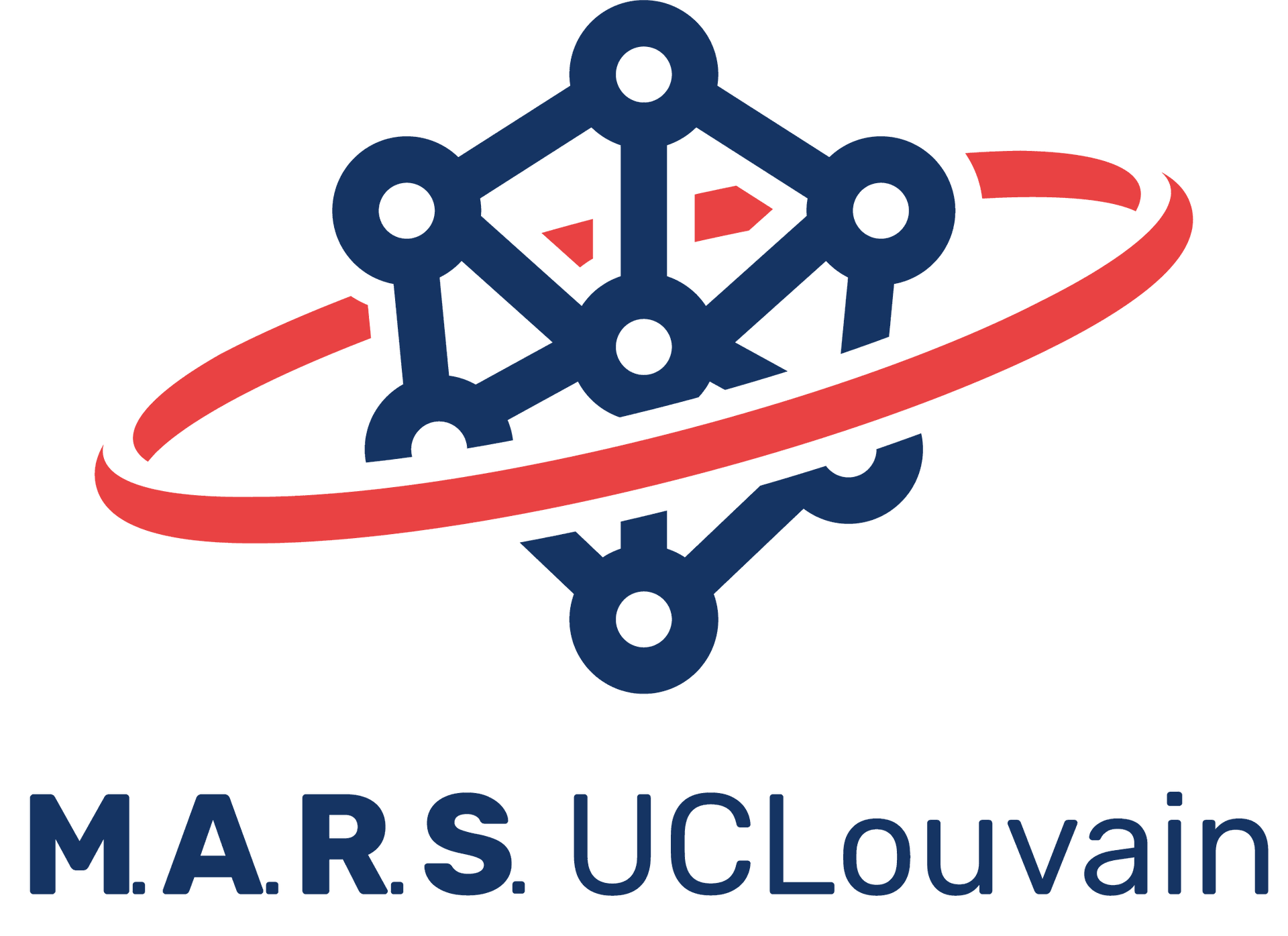Simulation of a human mission on Mars
What will be the next steps of space exploration? Mars is certainly in everyone’s mind. Its proximity and similarity to Earth give the opportunity for comparative studies, research about eventual life presence and perhaps we’ll completely colonize it someday.
M.A.R.S. UCLouvain is a non-profit organization that sends researchers and students from the Université catholique de Louvain at the Mars Desert Research Station (MDRS) in the Utah desert, USA, for a simulation mission on Mars.
M.A.R.S. is an acronym describing the purpose of the project: Mars Analog Research Simulation. We were previously known as “UCL to Mars”.
During the mission, the crews conduct scientific experiments and perform geological fieldwork in order to prepare for future manned missions to the Red Planet.
In addition, M.A.R.S. UCLouvain also spends time promoting many topics related to space exploration through several interviews, articles in newspapers, workshops in schools and seminars. We organize presentations in secondary schools about a variety of space-related topics to share our passion and perhaps generate it too amongst young students. If you are interested, do not hesitate to contact us.
The MDRS provides scientific infrastructure to host experiments, but it also sets a bunch of Mars-like constraints: confined space, extravehicular activities, use of space suits and lyophilized food. A laboratory and an observatory are available to provide support for scientific research.
This research program is backed by the Mars Society, an American organization that aims at promoting the exploration and colonization of Mars to the general public and government institutions.
The Research Station
The Mars Desert Research Station in the Utah desert is a Mars analog habitat and was established by the Mars Society in 2001 to better educate researchers, students and the general public about how humans can survive on the Red Planet.
The experiments
During our stay at the MDRS, each crew member realises at least one scientific experiment. This research is done in order to bring humanity that much closer to the reality of human exploration on the planet Mars.
The topics of our experiments cover a wide range of interests : from the microscopic scale of microbiology to the kilometric scale of telecommunication and satellites.
The sponsors
Our team is composed of extremely motivated students, but a project of this scope requires also external support. In order to finance our journey, we rely on the help of our valued sponsors.
